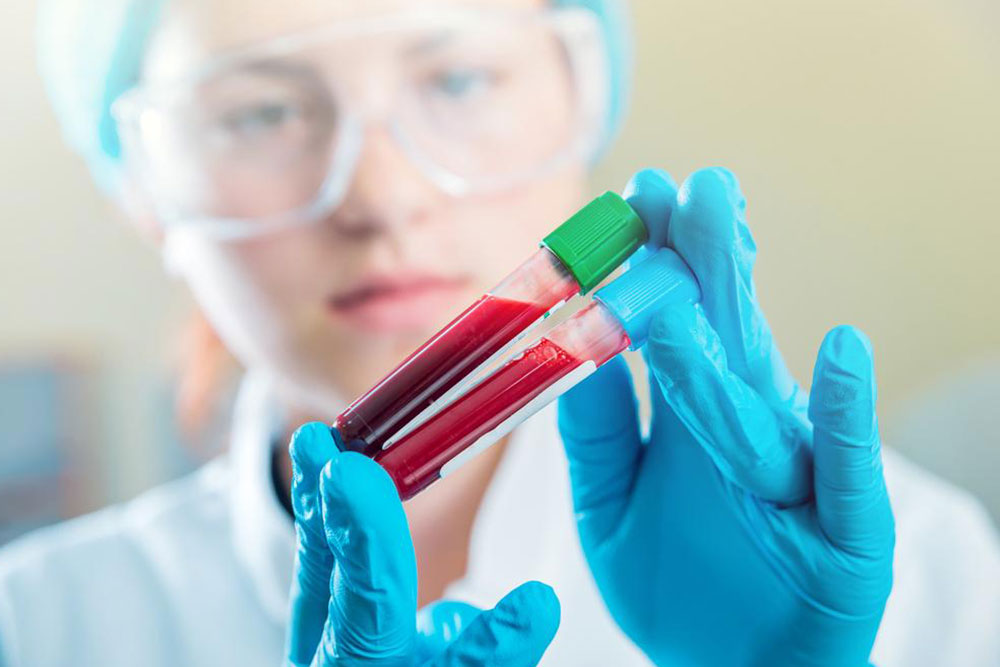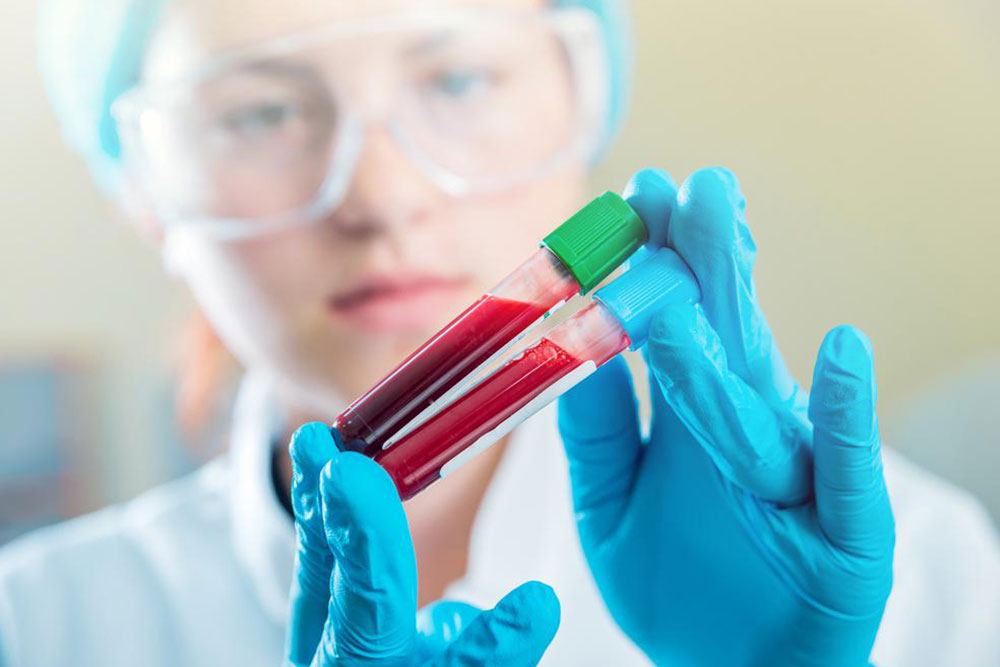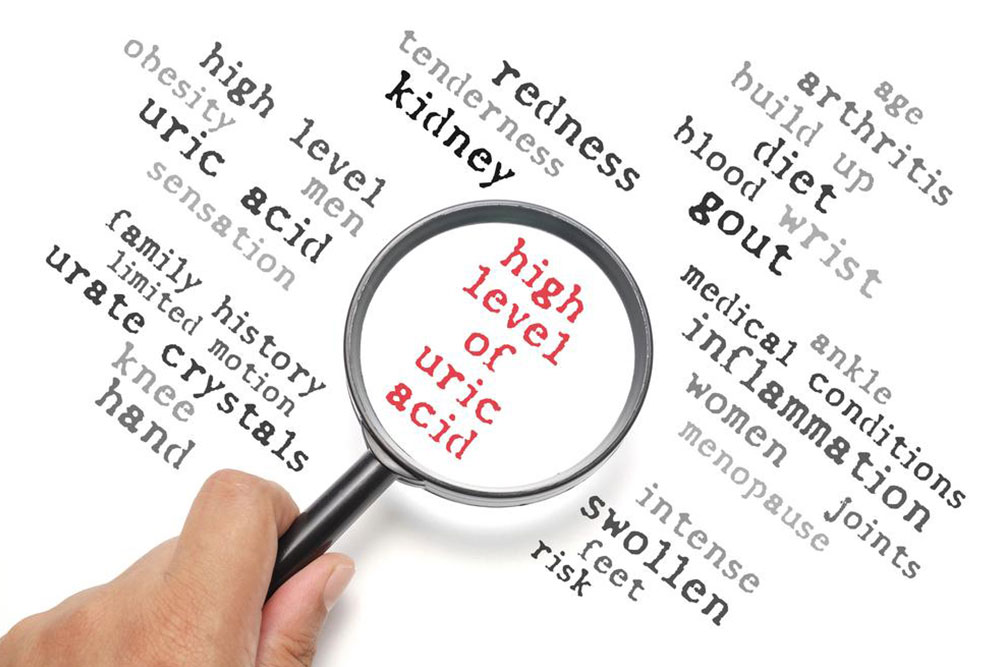Importance of Keeping Creatinine Levels within Normal Range
Maintaining normal creatinine levels is vital for kidney health and overall well-being. Elevated levels can indicate renal issues, necessitating timely intervention. Understanding creatinine's role and normal ranges empowers individuals to monitor and safeguard their health through regular testing and effective management strategies.

Understanding Why Maintaining Normal Creatinine Levels is Crucial
Our body relies on specific benchmarks to assess overall health, indicating whether vital organs are functioning properly. Parameters like blood pressure, blood sugar, and creatinine levels must stay within healthy limits to reflect good health.
While many are aware of blood pressure and blood sugar, fewer understand the significance of maintaining optimal creatinine levels. To enhance your understanding, continue reading about what creatinine is and why keeping its levels balanced is vital.
What exactly is creatinine?
Creatinine is a waste product generated from normal muscle activity. Its presence in the body is natural, resulting from muscle breakdown. The kidneys play a crucial role in filtering out creatinine, ensuring the levels remain balanced.
Why is maintaining proper creatinine levels essential?
Similar to blood pressure and glucose, creatinine levels serve as vital indicators of health. Elevated or reduced levels can signal underlying issues, especially with kidney function.
Elevated creatinine levels may point to kidney dysfunction. Regular blood or urine tests can detect imbalances. If unchecked, high creatinine can lead to kidney failure or chronic kidney disease. Conditions like diabetes, hypertension, and certain medications can raise creatinine levels. It’s essential to manage these factors to prevent renal complications.
What are considered normal creatinine levels?
Since creatinine results from muscle activity, men generally have higher levels than women due to greater muscle mass. Measurements are taken via blood and urine tests. The typical ranges are:
Blood Creatinine:
Men: 0.6 - 1.2 mg/dL
Women: 0.5 - 1.1 mg/dL
Teenagers: 0.5 - 1.0 mg/dL
Children: 0.3 - 0.7 mg/dL
Urine Creatinine:
Men: 107 - 139 mL/min
Women: 87 - 107 mL/min
Once creatinine levels go beyond these ranges, it’s critical to take steps to normalize them to prevent health issues.









